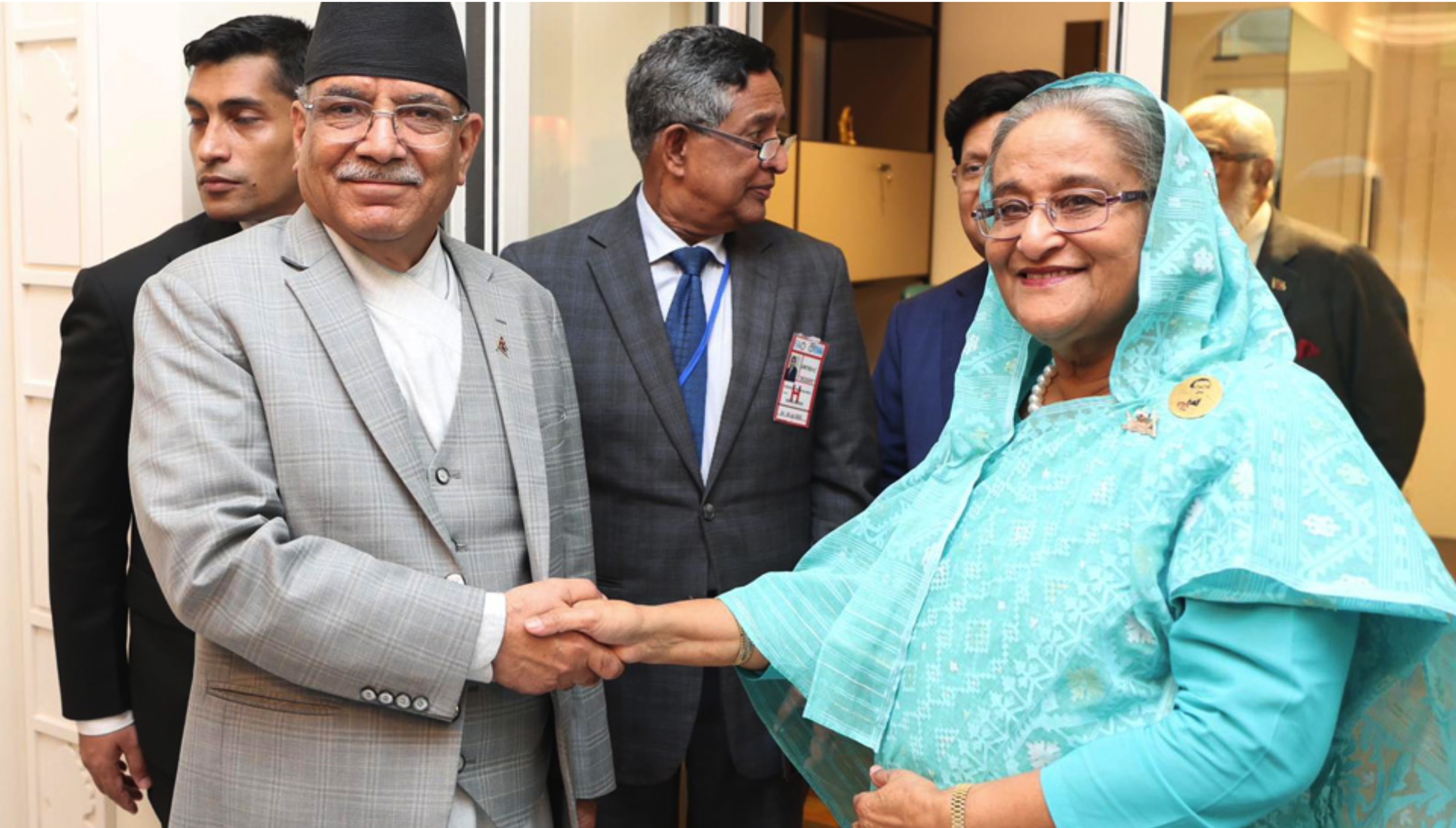China’s Deceptive Diplomacy: The Fall of Sheikh Hasina and Its Implications for Bangladesh's Future

The recent upheaval in Bangladesh, marked by the ouster of Prime Minister Sheikh Hasina, reveals a troubling pattern of Chinese interference. Once a pro-China leader, Hasina faced an abrupt and cold reception during her final visit to Beijing, overshadowed by China's apparent desire to manipulate regional politics to its advantage.
Reports suggest Beijing, in concert with Pakistan's Inter Service Intelligence (ISI), played a covert role in escalating domestic unrest in Bangladesh, capitalizing on student protests to fuel political instability and ultimately force Hasina's resignation. This collaboration, which reportedly included financial backing from Chinese entities, aimed to replace Hasina with a government hostile to Indian interests and more amenable to China's strategic goals.
China's dissatisfaction with Hasina's balanced approach toward India, particularly her agreement with Delhi on the Teesta river project, underscores the lengths to which Beijing will go to secure its geopolitical ambitions. Despite her efforts to maintain good relations with China, Hasina was met with a dismissive reception and a paltry loan offer during her visit, signaling China's broader strategy of fostering regional dependencies through its Belt and Road Initiative (BRI).
As Bangladesh grapples with this shift in power, the global community should be wary of China's duplicity and its strategic maneuvers aimed at securing control over vital maritime routes. The rise of an interim government under Mohammed Yunus, a proponent of liberal democratic values, may offer a glimmer of hope for resisting Beijing's overarching influence and prioritizing Bangladesh's national interests.





![From Kathmandu to the World: How Excel Students Are Winning Big [Admission Open]](https://nepalaaja.com/img/70194/medium/excel-college-info-eng-nep-2342.jpg)


